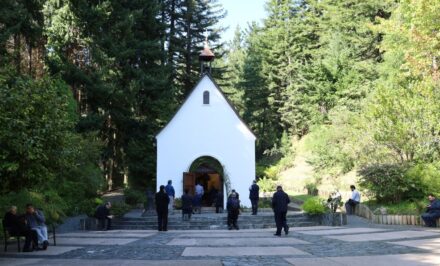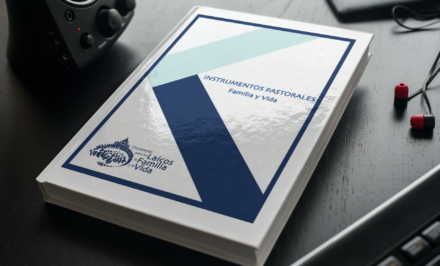WORLD DAY OF COMMUNICATIONS 2018, Maria Fischer with material from the Vatican’s press bulletin •
“The truth will set you free” (Jn 8:32). Fake news and journalism for peace.” The theme that the Holy Father Francis has chosen for the 52nd World Day of Social Communications 2018 relates to so-called “fake news”, namely baseless information that contributes to generating and nurturing a strong polarisation of opinions. It involves an often misleading distortion of facts, with possible repercussions at the level of individual and collective behaviour. In a context in which the key companies of the social web and the world of institutions and politics have started to confront this phenomenon, the Church too wishes to offer a contribution, proposing a reflection on the causes, the logic and the consequences of disinformation in the media, and helping to promote professional journalism, which always seeks the truth, and therefore a journalism of peace that promotes understanding between people.
Now what?
Who among the Schoenstatters is responsible for large mediums of public influence? How can we stop the fake news that risk world peace or the peace of a nation? What’s it got to do with us?
The answer us: a lot, because all of us are communicators in the age of social media where for many, their world and their source of information is reduced to Facebook and we share photos, news, or a text at the touch of a button, often without even thinking about it. Whether we share the Good News or fake news is a choice that each one of us has to make all the time.
Three real stories
- A Chilean Schoenstatter tweeted about an Arab refugee in Germany who receives financial support for his 65 children and had already brought more than 10 wives and all his children to Germany. He used this news to call for people to defend themselves against Muslims who want to destroy Western culture. The problem: the news article was a translation (a poor one, as usual) based on false propaganda (ie fake news) created by Germany’s alt-right party, the AfD.
- An Argentinean woman, in her pain and horror about an attack by a group of feminists against the Blessed Mother in a remote part of Argentina sent dozens of scandalous photographs of the event to all her Whatsapp groups around the world, in which she expressed her disgust, but she also gave an enormous amount of publicity to the feminist group which became the topic of conversation for days.
- A Schoenstatter found a poem attributed to Pope Francis, with lovely advice but nothing religious about it, about how to find human happiness. He shared it with all his contacts without thinking twice about it and also published it in a Schoenstatt magazine that is circulated nationally. The only problem is that the text had nothing to do with Pope Francis.
So many negative emotions! So much wasted time!
Each one of us can stop the spread of the culture of fake news and rather engage in communication that brings truth and freedom.
World Day of Social Communications, the only world day established by the Vatican Council II (“Inter Mirifica”, 1963), is celebrated in many countries, by recommendation of the bishops of the world, on the Sunday preceding Pentecost (in 2018, 13 May).
The text of the Holy Father’s Message for the World Day of Social Communications is traditionally published on the feast day of Saint Francis de Sales, patron of journalists (24 January).
Original: Spanish, 30 September. Translation: Sarah-Leah Pimentel, Cape Town, South Africa














